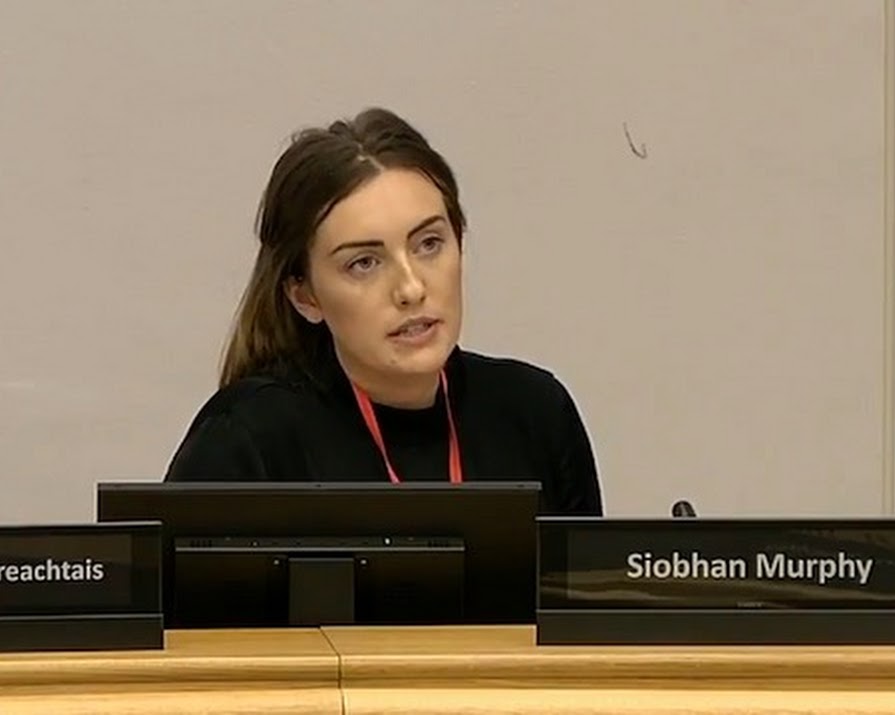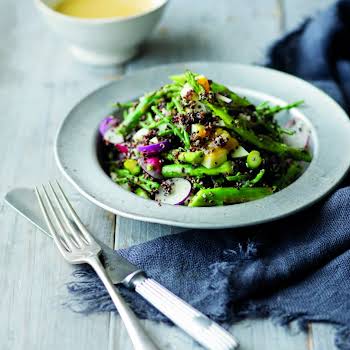
By Jennifer McShane
21st Jul 2020
21st Jul 2020
While we all have been doing our best to keep the virus out of our daily lives, it is our frontline workers who have experienced a situation unlike anything before. Every day putting their lives at risk to save others. One nurse explained the horror that came with contracting Covid-19 herself to the Oireachtas committee.
In July, the Oireachtas committee on Covid-19 heard from hundreds of healthcare staff as the INMO said it would be “inhumane” not to increase staff ahead of a potential second wave and said that more safety procedures needed to be implemented to protect staff.
Twenty-seven-year-old Siobhan Murphy is a healthcare worker who contracted Covid-19 and was off work for 12 weeks as a result.
She told the committee she had no previous or underlying health conditions and said, despite having competent practices and PPE, she contracted the virus (along with twelve of her colleagues) due to understaffing, being completely overwhelmed in her role as a nurse, extreme burnout and over-exposure to Covid-19.
“Terrifying”
“The emotions I initially felt were buried by the physical impact of symptoms,” she said as she describes the extreme distress of battling the virus in the same hospital she worked in to try and save patient’s lives. “I was crippled with fatigue, bed-bound headaches and shortness of breath, which caused great distress as I felt I was suffocating.”
Simple tasks such as washing, dressing or making a snack were impossible as “I was completely debilitated.”
She explained then went to the ER department a week later as her condition worsened and found her experience terrifying as she was healthy with no underlying conditions.
“I became an in-patient in the hospital where I work, where just a week previous, I would have been standing as a nurse at the bedside, providing care.
“To me, the workplace was a hazard.”
Staff nurse and INMO member Siobhan testifies before the Oireachtas COVID committee. pic.twitter.com/YAWwO8tRei
— Irish Nurses & Midwives Organisation (@INMO_IRL) July 21, 2020
Psychological impact
Even 12 weeks on, Murphy still had not returned to work as she was still experiencing the physical and mental side effects from contracting the virus.
“The phycological impact of Covid-19 has been detrimental to myself and my colleagues. Being given a phone number or app for PTSD or psychological trauma just is not sufficient.
“I had to be monitored and investigated in the hospital where I work where just a week previous, I would have been standing as a nurse at the bedside providing care to dying patients who succumbed to Covid-19. It was extremely traumatising and I don’t know any nurse who could overcome that by just a number or an app – more needs to be done”.
She says nurses are still experiencing trauma from their work during the pandemic and more needs to be done. “We were fighting a losing battle at the very start of Covid-19 and we don’t want to see that again”.
She added that she experienced huge anxiety and insomnia and still has not recovered to her pre-Covid health, “but I know I will get there”.
INMO General Secretary Phil Ní Sheaghdha said that it wouldn’t be unusual for one nurse to have up to 30 patients. “It is simply unfair it is inhumane to ask them to go back to that level of crazy staffing,” she said.
Read more: Two-thirds of nurses recovering from Covid-19 are still suffering from fatigue
Read more: ‘The world has adjusted to our normal’ – how it feels to have a child with special needs during Covid-19
Read more: ‘Zero-Covid island’: Scientists say eradication of Covid-19 is the best way forward























